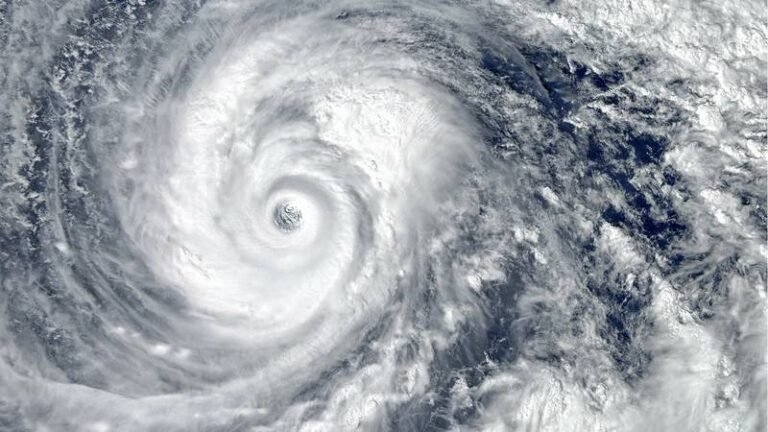President Trump Plans to Phase Out FEMA and Change Disaster Relief Approach
President Donald Trump has announced his intention to start “phasing out” the Federal Emergency Management Agency (FEMA) after the current hurricane season. Trump stated that states would receive less federal aid to respond to natural disasters and that disaster relief funds would be distributed directly from the president’s office.
During a briefing at the White House, Trump emphasized his plan to change the way disaster relief is handled. “We’re going to do it much differently,” he said in response to questions about FEMA’s future and the message to governors about increased disaster-relief costs. “We’re going to give out less money,” Trump added. “We’re going to give it out directly. It’ll be from the president’s office. We’ll have somebody here, could be Homeland Security.”
The U.S. hurricane season officially began on June 1 and is expected to last through November. With forecasts predicting an above-normal season with potentially up to 10 hurricanes, Trump’s plans to downsize or eliminate FEMA are significant.
If Trump follows through with his plan, it would mark a departure from current procedures where FEMA oversees the distribution of financial aid to states following a presidential disaster declaration. The agency, with an annual budget of around $30 billion and over 20,000 employees, has been a key player in disaster response efforts.
Homeland Security Secretary Kristi Noem also expressed support for reevaluating FEMA’s role. “FEMA fundamentally needs to go away as it exists,” Noem said at the briefing. She highlighted the importance of states working together to respond to disasters and emphasized the need for communication and mutual aid agreements.
As FEMA is part of the Department of Homeland Security, any major changes to its structure or functions would have far-reaching implications for disaster response in the United States.
With Trump’s plans to phase out FEMA and alter the distribution of disaster relief funds, the landscape of emergency response in the country could be undergoing significant changes in the near future.
(Reuters – Reporting by Nathan Layne in New York; Editing by Matthew Lewis)

